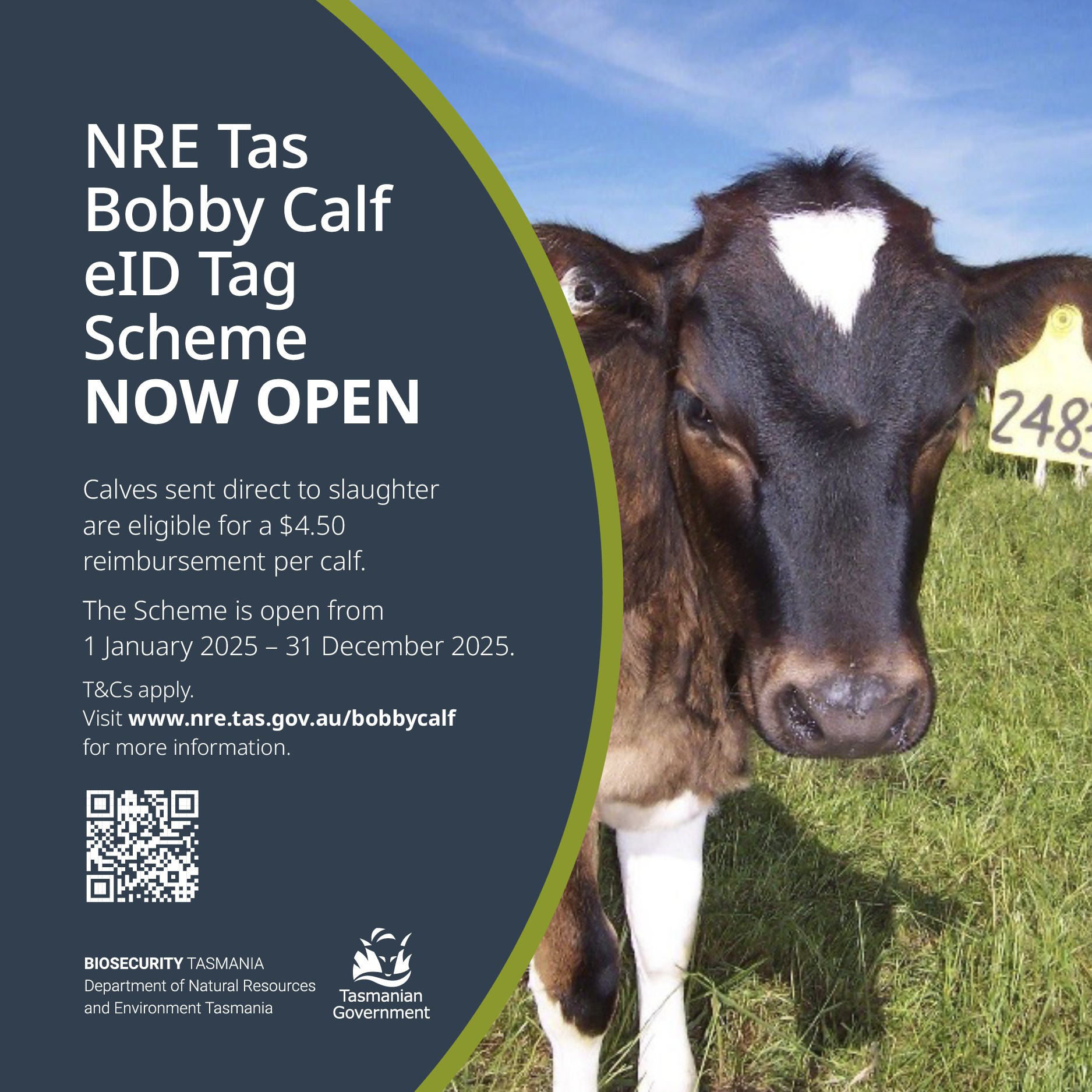Top award for son-of-a-gun winemaker
THE youngest, and sixth generation of the Lubiana family, Marco Lubiana has been named the best young wine maker of Australia.
For the first time in the competition’s 18 years a Tasmanian will take home the Young Gun of Wine award – a celebration of the impressive and thriving viticulture industry in Tasmania.
Scouring the country for emerging talent and those adding glitter to the scene, the competition recognises young winemakers re-shaping the industry.
Marco, son of renowned Tasmanian winemaker, Stefano Lubiana, has shone under the spotlight for his consistency, leadership and the thought-provoking process of his winemaking.
Producing consistent premium wines for the last five releases for Marco is an ode to the quality of the soil, the vines and the grapes.
And since he puts his heart and soul into his parents’ vineyard, working full time at Stefano Lubiana Wines at Granton, Marco plays an integral part in building the quality of the vineyard and the brand.
Marco sells two varieties of wine, the Huon and Derwent Pinot Noir and a chardonnay.
He says the choice to keep pouring all the heart and soul into just two varieties keeps his quality consistent.
“I don’t want to extend myself to doing other wine styles because I wouldn’t pull it off as well, so I want to just focus on my two wines because I love them and that’s why I put so much effort, time and love into them,” he said.
“Winemaking takes a lot of effort.
“This award celebrates the hard work that has gone into my wine and my brand for the last seven years.
“Whether I win awards or not, I will still be making wines because I love doing it.”
Marco applauds that premium wines are finally getting the spotlight and says it all comes down to the quality of the grapes.
“I am making something special and high quality and I really put a lot of detail into the process and something that is interesting and ages for a long time in a bottle.
“I am trying to make something that is a bit more comparable to the wines in Europe.”
Little details like using a cork in his wines to improve the ageing process are things Marco thinks about.
He is a one-man-band from growing the grapes he uses to putting the labels on the bottles.
Marco takes more than a year to make his wines and is currently just doing the labelling process for his next release, his 2023 batch of pinot noir and chardonnay.
He describes his winemaking techniques as hands-off and non-reflective of him as a winemaker.
“You can see more of the vineyard, terroir and the soil type in my wines.
“Let the wine speak of the place instead of making wine into something I want because I believe that is not the winemakers’ job.
“The winemakers’ job is to carry that fruit into the bottle with as little impact as possible.”
Having always helped in the vineyard, it was natural for Marco to have an established understanding of quality vines.
For Marco the love for winemaking stems from the love of good tasting wine and the constant lessons learnt along the way.
He spent some time in Burgundy working a vintage, studied winemaking and viticulture at the University of Adelaide and gained experience working for his parents’ vinyeard and seeing how his father worked.
It was not until 2018 when he dabbled with winemaking that his love for winemaking grew.
“Following my dad around in the vineyard, I thought I’d give winemaking a go.
“Wine has such a strong history to it and is pretty much made all around the world.”
“I have that relationship with my dad where we do talk a lot so I am learning more than the average winemaker.
“I take small risks in my winemaking to keep it interesting but I am usually getting inspiration from winmekaers in France.
“I experiment to an extent but very carefully and methodically,” he said.
His art is strongly influenced by European wines and places like Burgundy in France which is famous for its burgundy wines as well as pinot noirs and chardonnay, chablis and beaujolais.
“I read a lot of history books related to Burgundy and how they used to make wines before they had technology so I try and use as many of those elements as I can in my winemaking,” Marco said.
“I drink a lot of wines from all over the world and Tasmania definitely punches above its weight for the quality of its wine considering how small we are.
“Tasmanians work really hard and we are committed to quality and we are always putting in that extra effort,” he said.




Add new comment